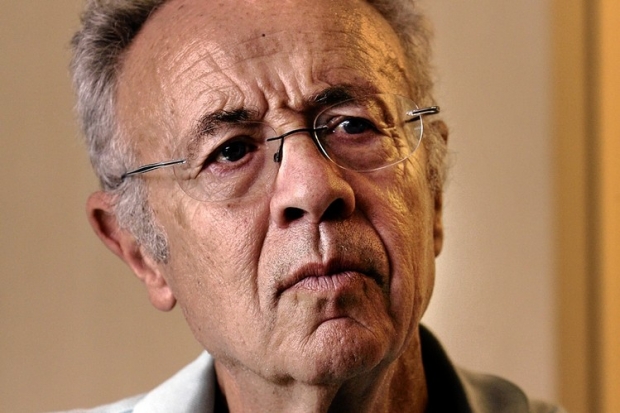Grove’s contribution to the industry is undeniable. Had he not managed to turn Intel around and moved into PC chips the world would have been a very different place. But while the press is doing its best to say nice things about the bloke, most are glossing over the fact he was not exactly pleasant.
It is not surprising really. The first 20 years of his life were about survival. Jewish, he lived through the Nazi occupation of Hungary. He fled to the US to avoid the Soviets and arrived in the land of the free with no money at all.
In his book “Only the Paranoid Survive” was his motto and with it he scratched together a college education and entered business.
Grove was Intel’s first hire after it was founded in 1968 and became the practical-minded member of a triumvirate that eventually led “Intel Inside” processors to be used in more than 80 percent of the world’s personal computers.
Grove, who was named man of the year by Time magazine in 1997, encouraged disagreement and insisted employees be vigilant of disruptions in industry and technology that could be major dangers - or opportunities - for Intel.
However he was mercurial and demanding with employees who he thought were not doing enough and in 1981 required the staff to work two extra hours a day with no extra pay.
Grove was the stickler for detail who turned Intel’s ideas into actual products. He was responsible for driving growth in Intel’s profits and stock price through the 1980s and 1990s.
He became Intel’s president in 1979, CEO in 1987 and chairman and CEO in 1997. He gave up his CEO title in 1998 and stayed on as chairman until 2004.
During his time at Intel in the 1990s Grove was treated for prostate cancer and later wrote an influential cover story in Fortune magazine, criticizing the medical establishment's treatment of the disease as inefficient compared to scientific standards applied in semiconductor research. When he was diagnosed with Parkinson's disease he donated a fortune into research into the illness. With his characteristic acerbic nature he said that government and medical researchers for making slow and inefficient progress beating that disease compared to accomplishments made in the chip industry.
His approach, which really was the birth of the “Chipzilla” concept, was highlighted when Intel released a chip with a floating point error. Grove told the world that the problem was insignificant. He told users that they could return the chip if they could make a good case as to why they should have their money back. In the end his PR people told he could not flog a chip which was unfit for the purpose and he would have to allow people to return them. Grove finally agreed.




